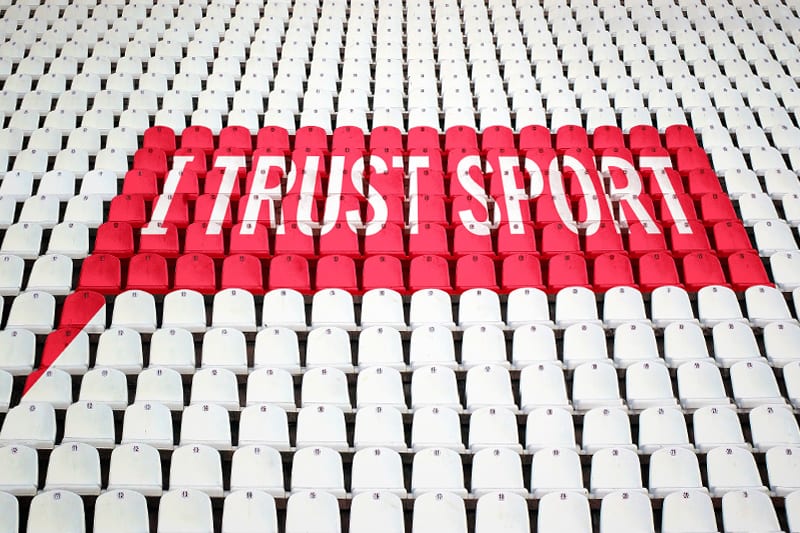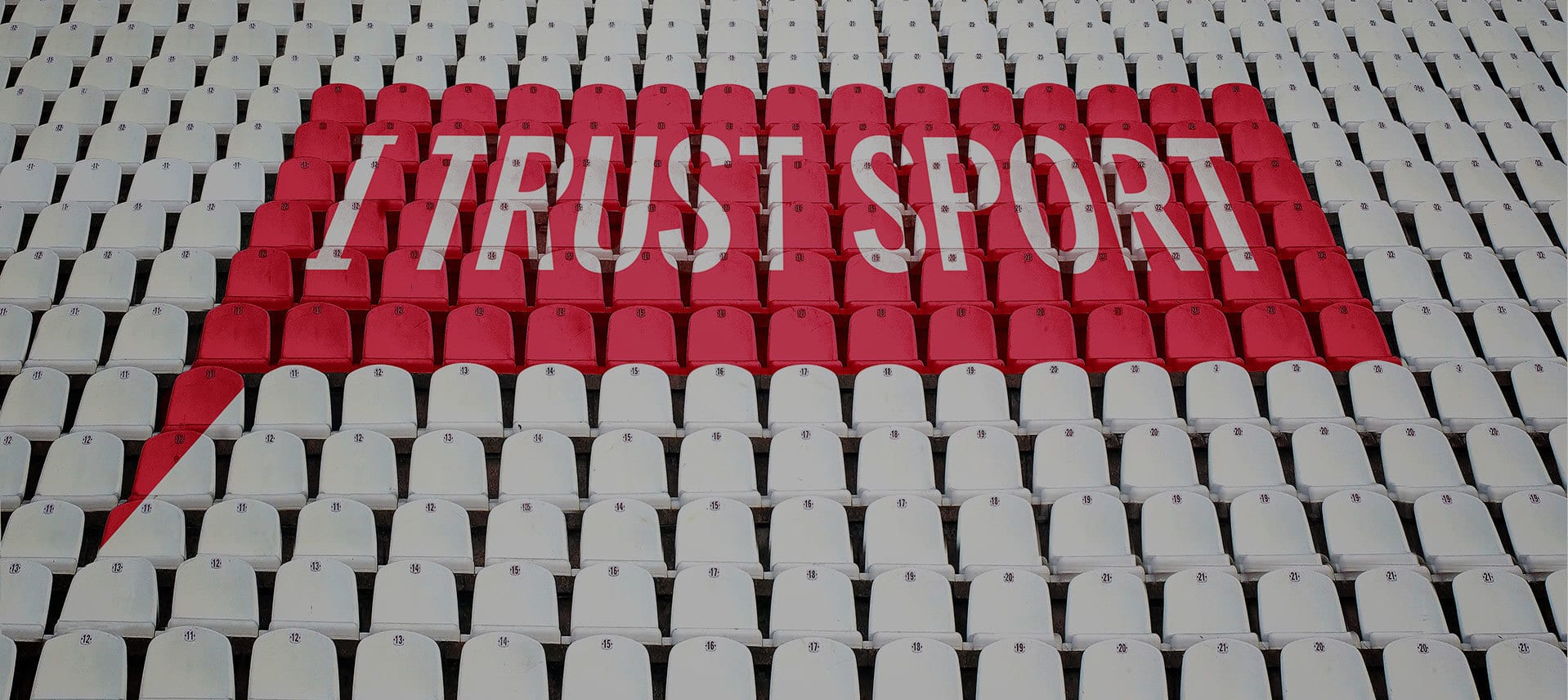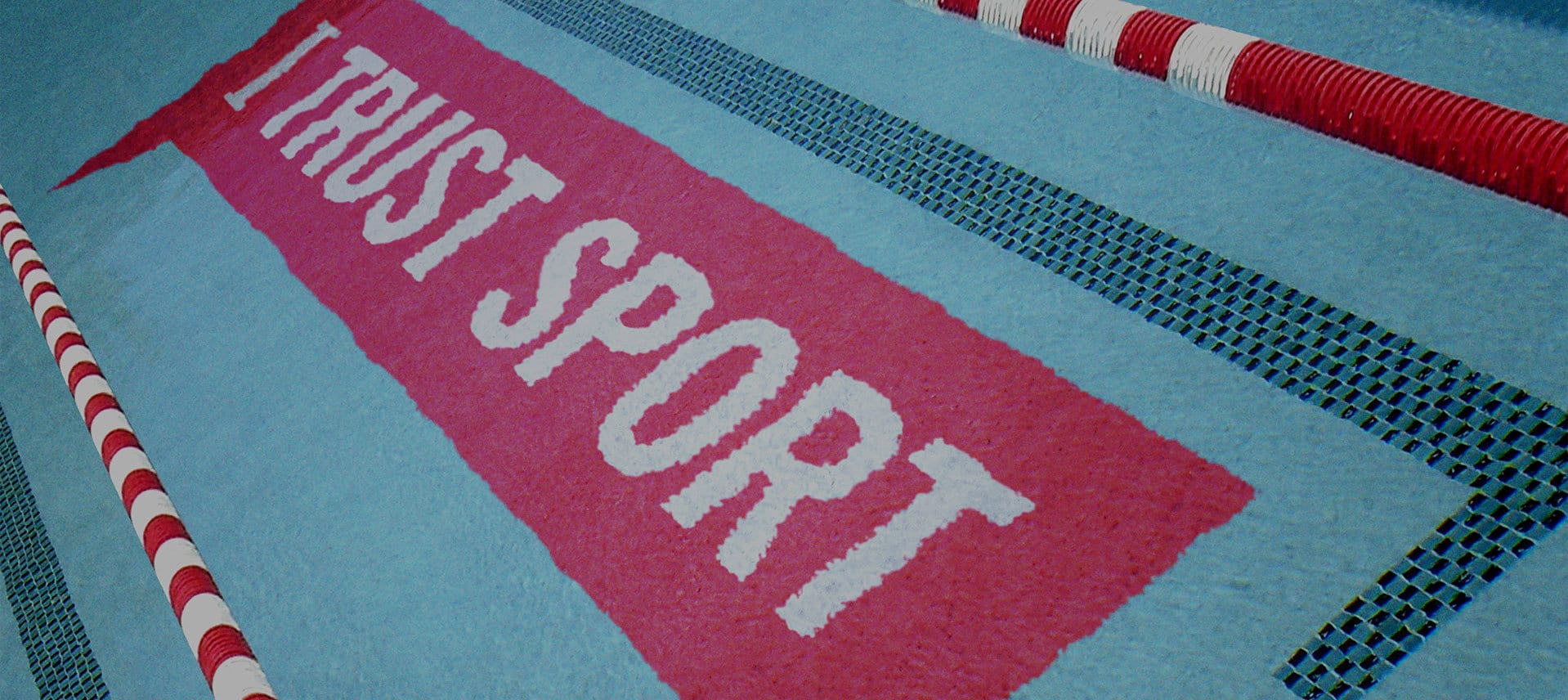Following several days of negotiations, a court in Munich confirmed earlier today that Bernie Ecclestone, the long-serving chief executive of Formula One who has been on trial for bribery, has reached agreement with the prosecutors. In return for walking free, Ecclestone will pay $100m USD within a week. While German law evidently permits such a settlement without an admission of guilt, public opinion may be less forgiving.
Or so the immediate response on social media suggested. However, there is no evidence yet to suggest that he will leave his role.
Decision makers?
Donald Mackenzie, co-founder and co-chairman of CVC Capital Partners, which owns the largest stake in Formula One, was quoted previously as saying that Ecclestone would be dismissed if found guilty. It remains to be seen what action CVC will take. Several commentators expect them to look to sell their stake fairly soon.
It’s not clear whether the teams will have any real influence in the matter. Former driver Niki Lauda, who is non-executive president of the Mercedes AMG Petronas team, recently said it would be a “disaster” if Ecclestone were to lose control of Formula One but he was commenting primarily on the practical impact rather than ethical issues.
Global sponsors of Formula One include Allianz, DHL, Emirates, Mumm Champagne, Rolex, Tata Communications and UBS. As far as I can see, none has yet offered a view on the Ecclestone case. Each pays a reported $40m or so per year for the rights. Of course, the racing teams also all have multiple sponsors, who may have their own views.
Position untenable?
A quick glance at the comment pieces which are gradually appearing (see, for example the Wall Street Journal and Transparency International) leads to one conclusion: Mr Ecclestone’s position at the helm of Formula One is untenable. It is hard to imagine a politician or employee of virtually any organisation who could stay on in their job after a similar course of events. In my view, CVC should take prompt and decisive action. If necessary, the sponsors should apply pressure. Public and political influence may also have a role to play.
It’s possible that the biggest impact of the whole unsavoury affair could be felt beyond Formula One: I believe that the Ecclestone case brings us one step closer to a tipping point in the sports world, when serious action to tackle the multiple failings in sports governance can no longer be postponed.


